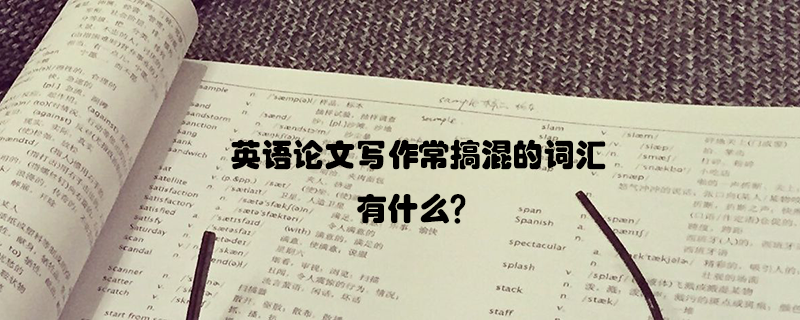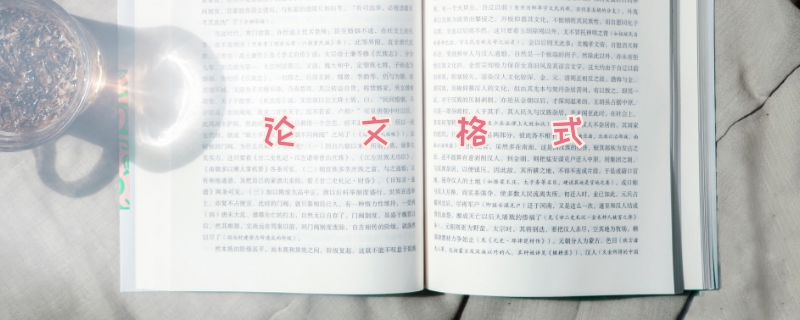英语论文写作常搞混的词汇有什么?
更新时间:2019-01-16

1. Concurrent vs. consecutive
“concurrent”是指同时存在或同时发生。
例句:Most patients need at least two concurrent treatments to be cured of this ailment.
“consecutive”是指在一系列中一个接着一个。
例句:Henry’s research received funding from the university for the third consecutive year.
这2个字基本上非常不同,为了更方便记忆,您可以使用情境记忆法。对concurrent,想象一群人在市场谈话,而consecutive,可以想成在收银台一个人买完单后另一个人接续买单。希望这样有帮助!
2. Comprise vs. compose
“comprise”是包含的意思,意指全部(包含小部分),当你用comprise这个字的时候,你必须要先提及大物体,然后再说其中包含的不同部分。
例句:My experiment comprises four parts.
This pack comprises 10 test tubes.
compost是指组成的不同部分。
例句:Four parts compose this experiment.
Ten scientists compose the committee.
这2个字的差异处是很微妙的,为了更好的记忆它们的不同,可以想成“flowers compose a bouquet”或“a bouquet comprises flowers”,composed的另一种用法是“The committee is composed of ten scientists.”
3. Rational vs. rationale
"rational"是形容词,值非构建在情感上的逻辑和合理性,既然是形容词,其后通常都会有被形容的名词。
例句:She made a rational decision of submitting her paper to a journal whose scope matches her research.
"rationale"则是名词,意指说明某样东西的根本原因。
例句:Can you explain the rationale behind this experiment?
这2个字因为长得相像,因此常被搞混。
4. Acute vs. chronic
“acute”指尖锐的,用来表示突然变得严重的疾病或危机。
例句:She was treated with epinephrine during an acute asthma attack.
“chronic”是指长期且难治愈的疾病(慢性病)。
例句:The patient suffers from chronic arthritis.
5. Connote vs. denote
”connote“指某事物的隐含或代表的意思。
例句:This term connotes different things to different persons.
”denote“指某事物实际上或字面上的意思。
例句:The pi symbol denotes the number 3.14159.
这2个字义不相同且不可替代使用。























.png)


.png)


.png)

.png)

